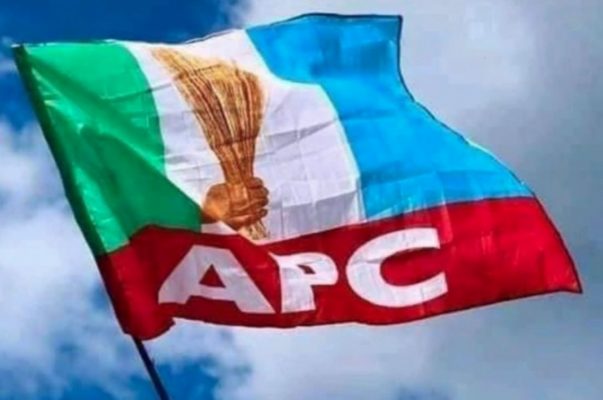NOA hails Tinubu for correcting 50-year-old ‘economic error’

The National Orientation Agency (NOA) has commended President Bola Tinubu for what it described as bold reforms that corrected an “economic error” which has constrained Nigeria’s economy for over five decades.
In its weekly publication released on September 19, the agency praised the administration’s decision to remove petrol subsidy and unify Nigeria’s multiple foreign exchange (FX) windows.
It described the moves as crucial steps toward economic realignment, efficiency, and productivity.
“It is clear that the federal administration has undone the economic error that continued to haunt the national economy since 1973 till the second half of 2023,” NOA said.
“The federal administration of President Tinubu, by the twin policies of subsidy removal and harmonisation of foreign exchange transactions windows, has realigned the economy for market efficiency, increased revenue generation momentum and productivity.”
The roots of the problem
According to the NOA, the subsidy crisis originated in 1973 when the government began treating Nigeria’s crude oil reserves not only as an economic asset but also as a vehicle for social intervention.
At the time, crude oil was sold domestically at $1.93 per barrel while the international price stood at $3, effectively providing a 35.7 percent subsidy to local consumers and refiners.
Initially, this was meant to spur industrialisation, promote regional development, and control inflation.
However, the agency said the model quickly became unsustainable as global oil prices fluctuated.
“However, the subsidy element was drastically reduced to 2 percent in 1978 when the international price of crude oil rose to $14.10 per barrel,” the agency explained.
“In line with the subsidy regime, the government adjusted the price of crude oil to domestic refineries to $13.80 per barrel.
“The international price of oil rose to $40 per barrel and because there was no corresponding adjustment in the price to local refineries, the subsidy element naturally amplified to 65.5 percent.
“But when the export price of crude crashed to $15.11 per barrel in 1988, the price of crude to local refineries dropped to $2.0 per barrel.
“At that price, the subsidy element increased to 86.8 percent, and signposted the turbulence that will characterise the national economy and the inappropriateness of the economic model derived from this policy going forward.”
Tinubu’s reforms
Upon assuming office on May 29, 2023, Tinubu declared an end to the petrol subsidy regime and immediately moved to unify Nigeria’s multiple FX windows.
“The NOA said the two decisions shifted the economy toward a more market-oriented system, replacing artificial controls that had distorted growth for 50 years.
“In the immediate, these reforms, considered radical by some analysts, unleashed the long-held-down power of market forces on the Nigerian economy and understandably disrupted the economy, resulting in rapidly increasing prices of goods and services,” the agency noted.
“From our perspective, these rapid changes in prices established the artificiality that underlines the national economy and defines the superfluity inherent in it. This has, in many ways, constrained growth and development over the years.”
Signs of progress
Despite short-term pains, the agency highlighted early gains from the reforms.
“It said agricultural exports surged by 65 percent year-on-year to N1.7 trillion in the first quarter of 2025, pushing agriculture’s share of total exports to 8.3 percent.
It also reported that six months into the implementation of the 2025 budget, five major revenue-generating agencies had already brought in over N21.22 trillion—more than half of the federal government’s N36.35 trillion revenue target for the year.










